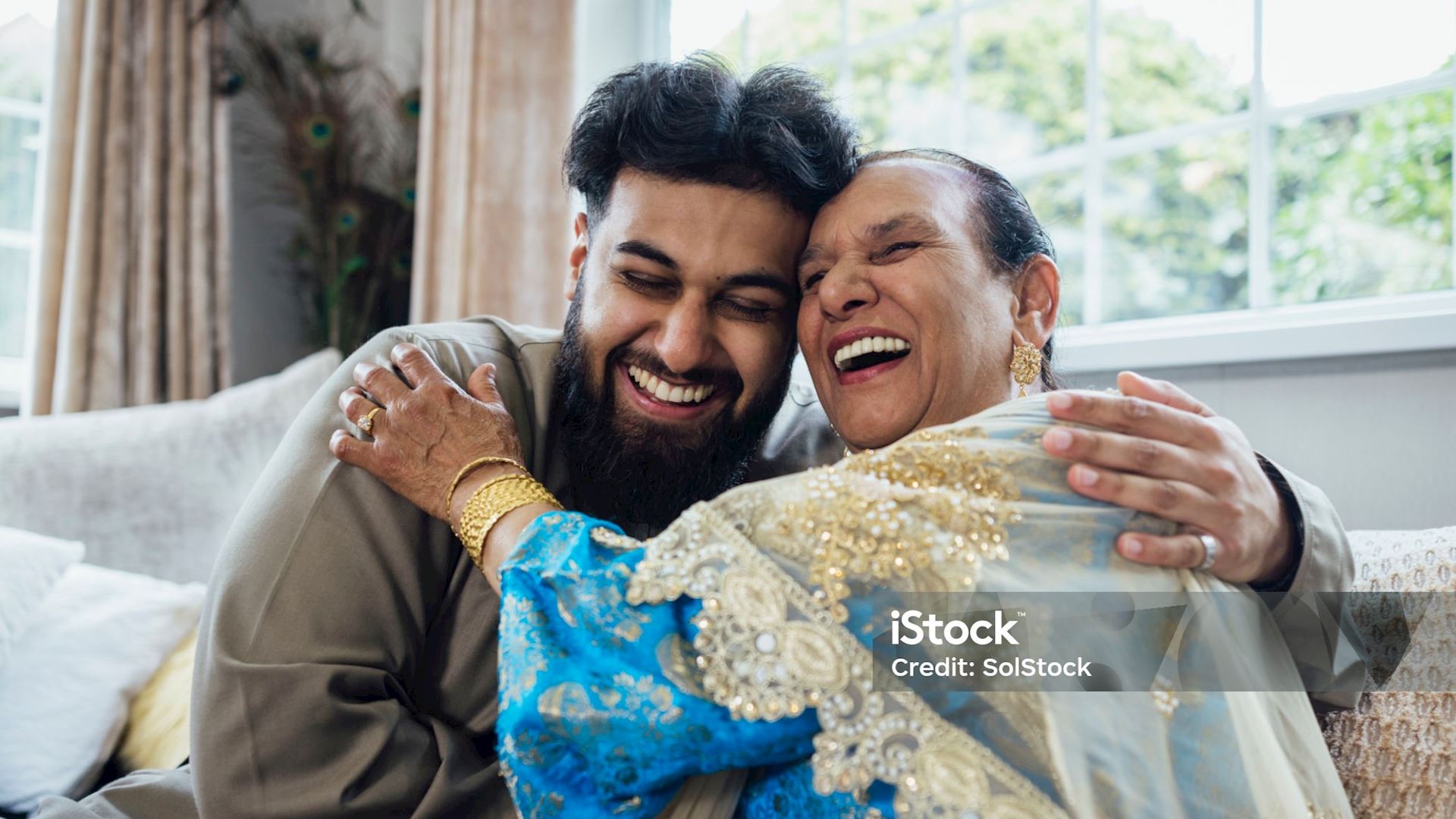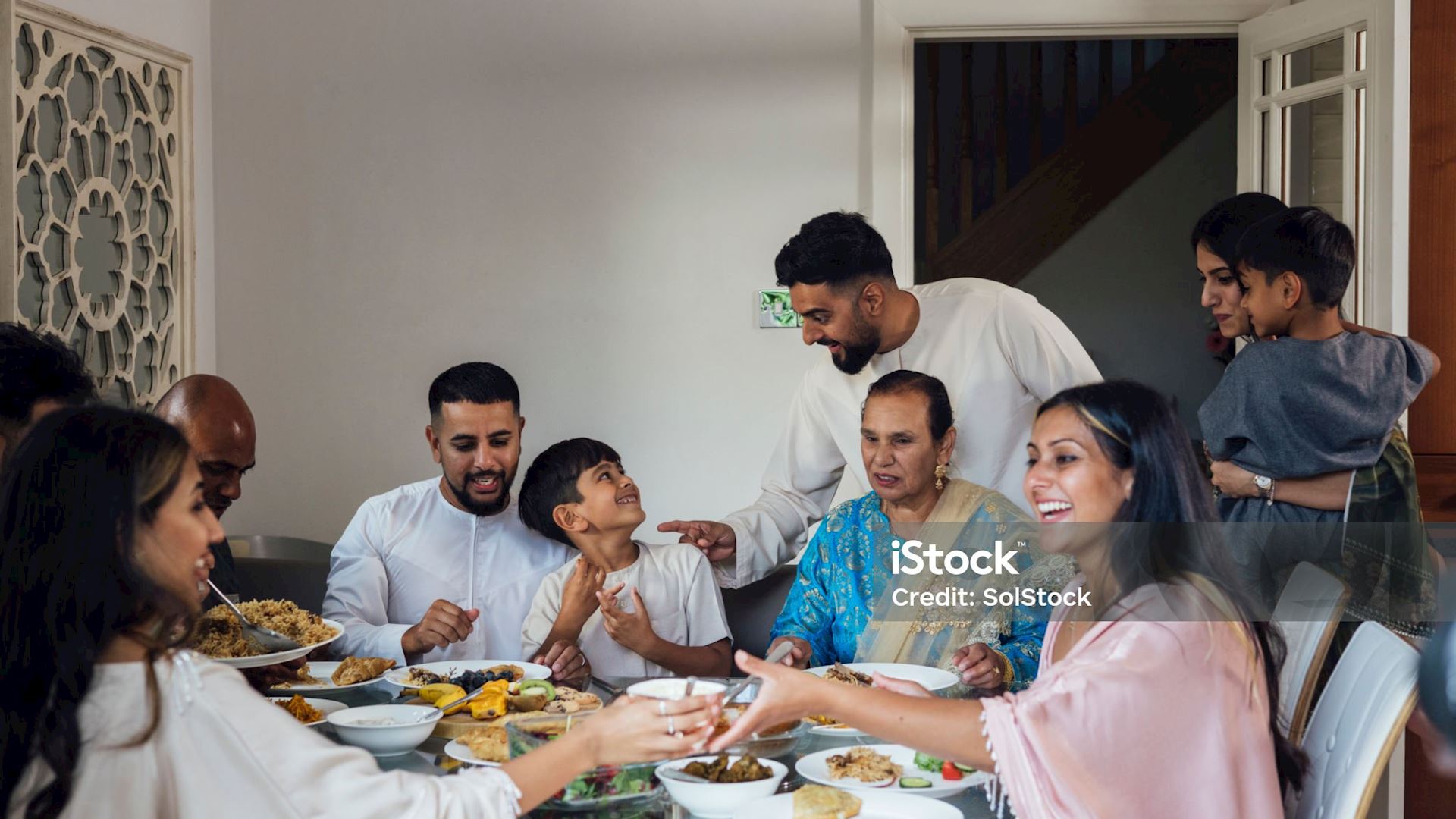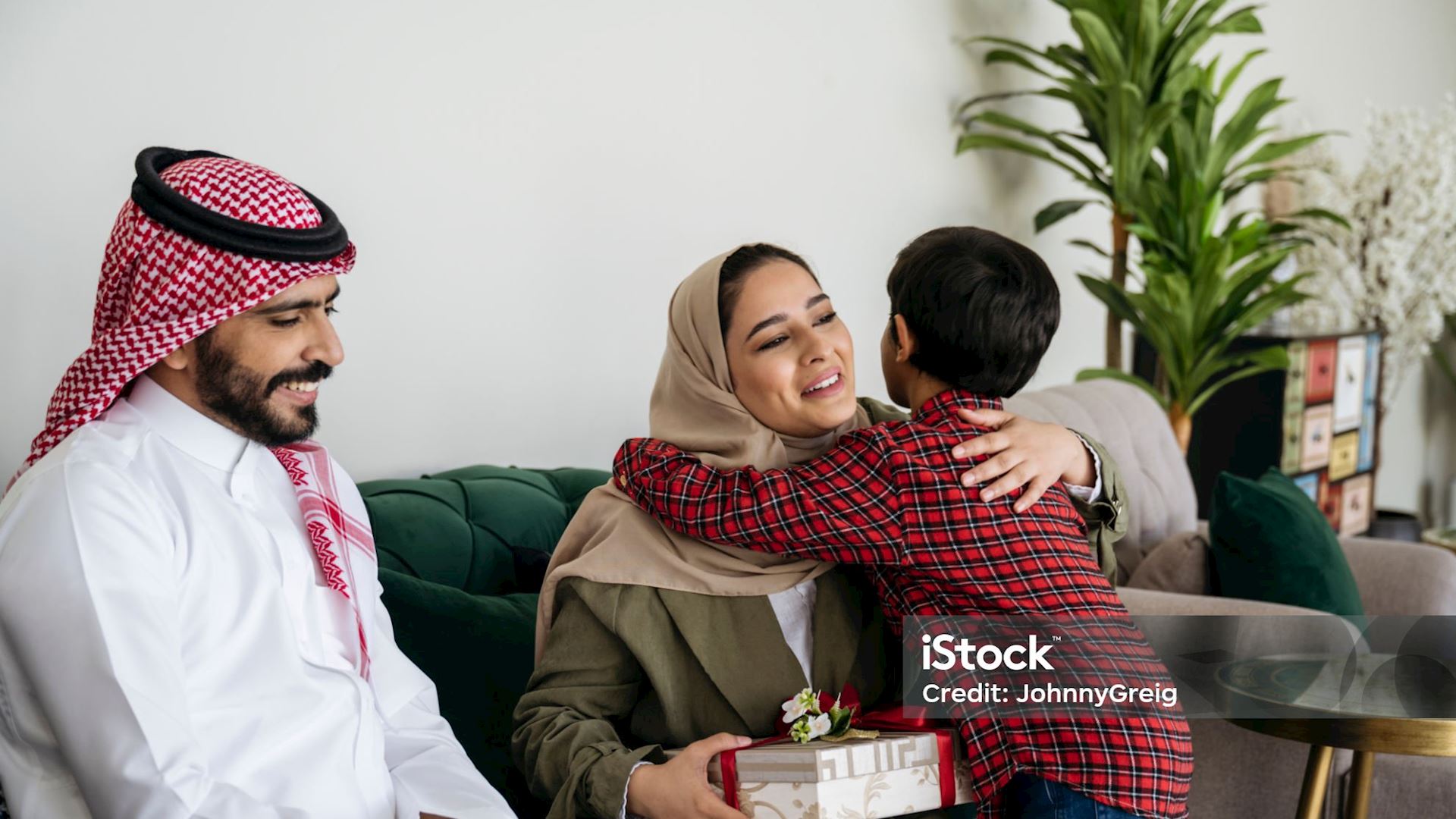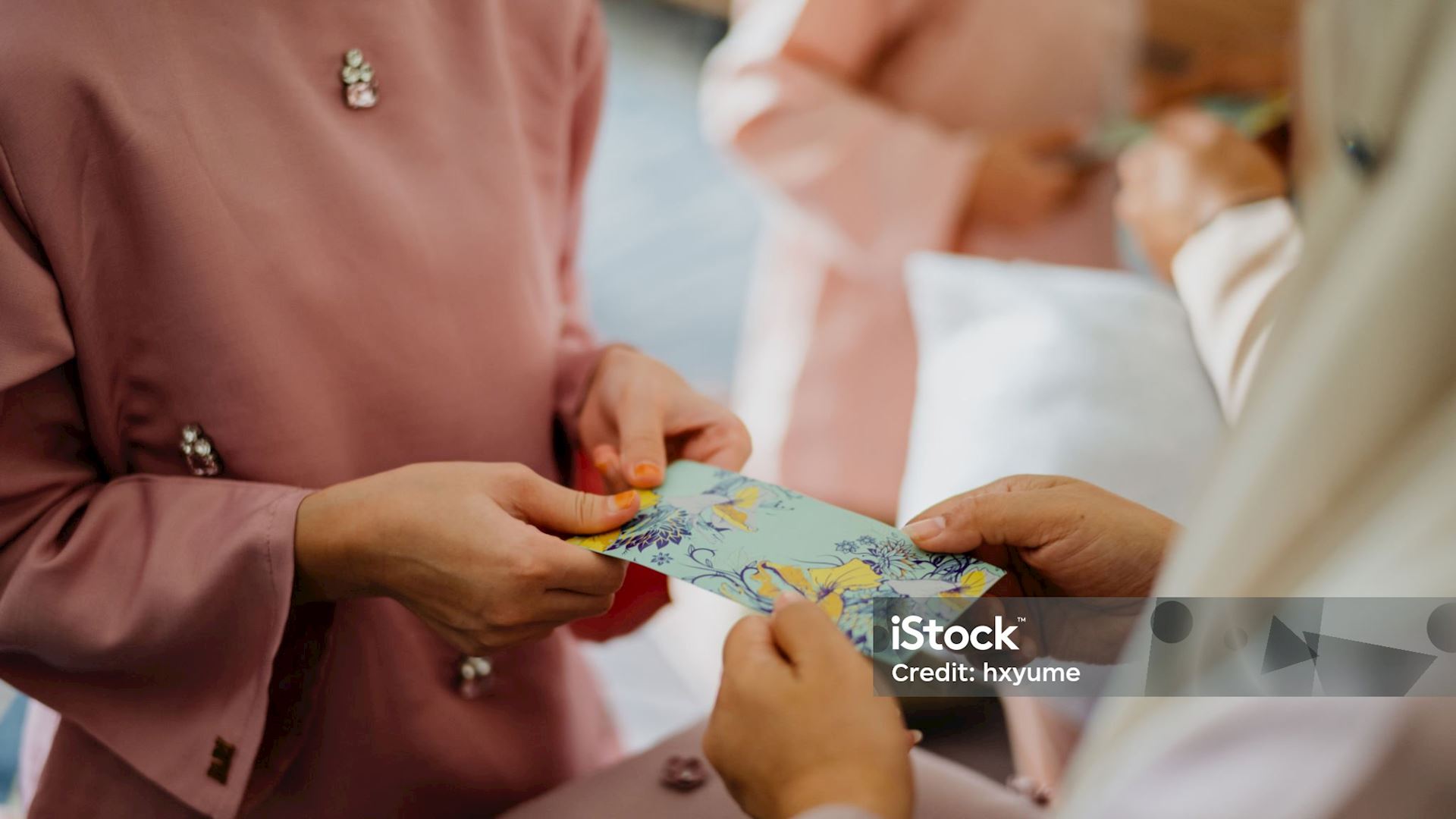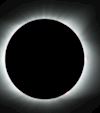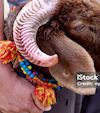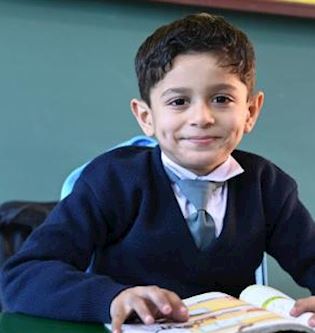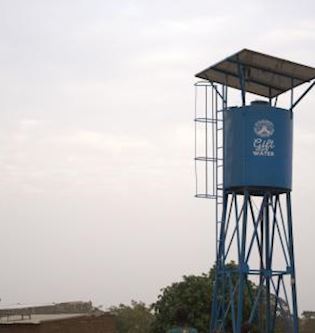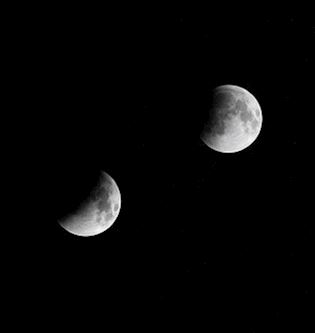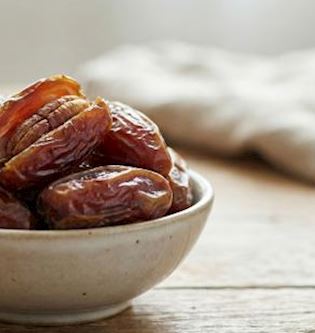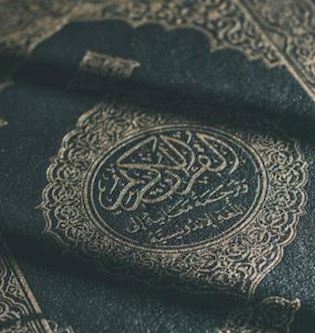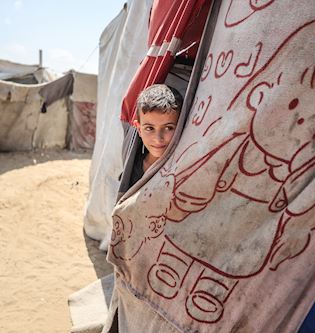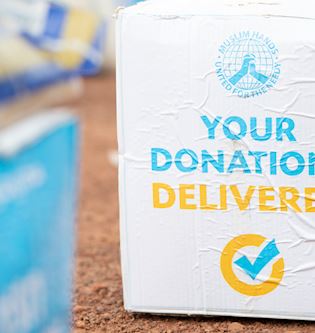When is Eid al Fitr? The Significance and Sunnah's of Eid
With Eid less than 24 hours away, we can't help but be both sad about saying goodbye to the blessed month of Ramadan and excited for Eid ul Fitr. With Eid being on April 10th, Eid al Fitr concludes Ramadan, the fasting month of the Islamic calendar, which is known for its communal prayers, fasting, night prayers, and donations.
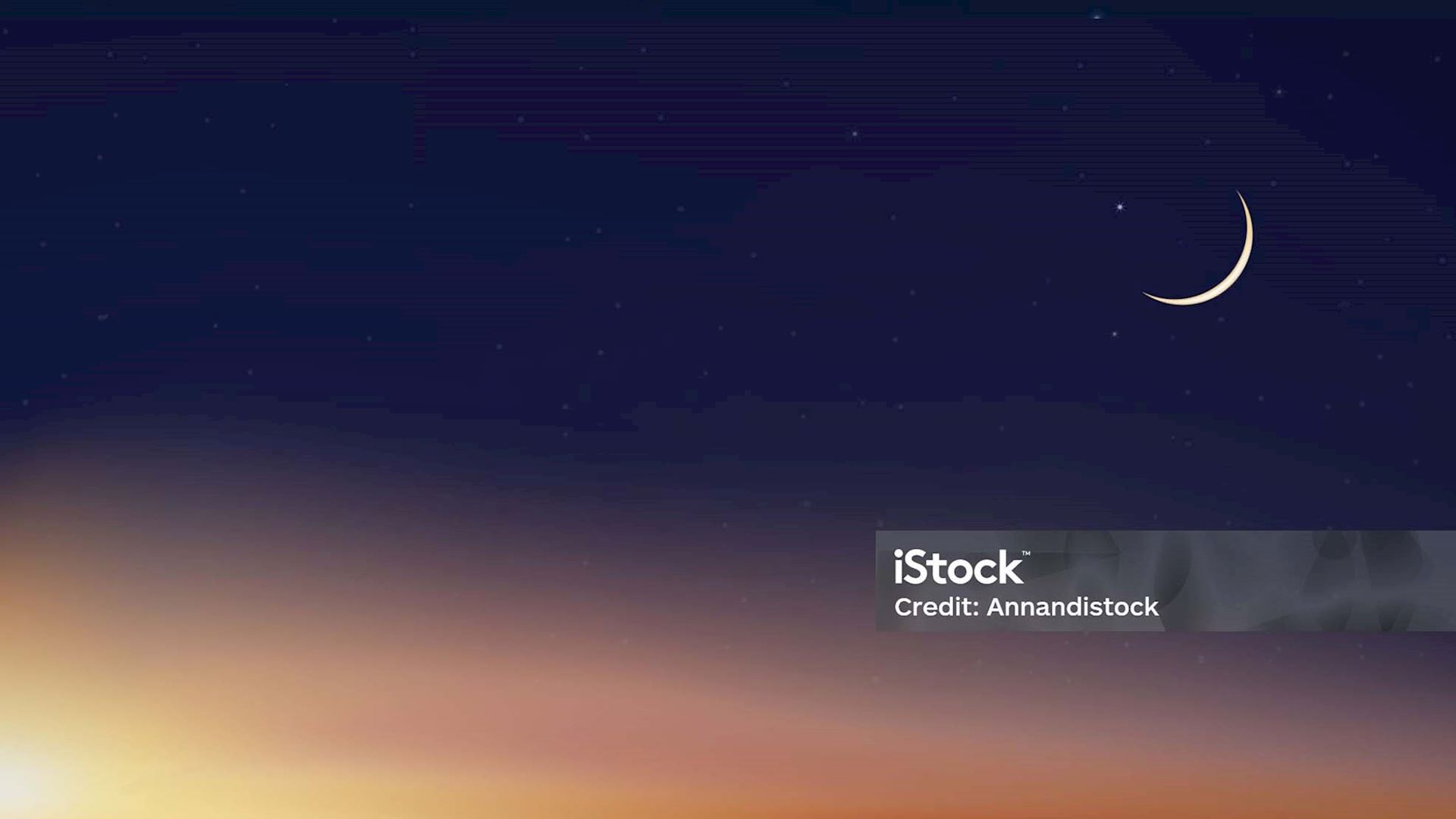
What is the significance of moon sighting in determining the date of Eid al Fitr?
The Islamic calendar is the lunar year, meaning it follows the cycle of the moon, not the sun; with each new moon rising, a new month begins. Unlike the solar calendar, the Islamic calendar is approximately 10-12 days shorter, causing Islamic dates to shift annually. This ensures that as we await the rise of the crescent of Eid al Fitr filled with joy, we also remember we are still in Ramadan and have precious moments to continue to pray and have our duas accepted.
Eid al Fitr marks the end of Ramadan and the beginning of Shawwal, the tenth month of the Islamic calendar. To see the faintest trace of the crescent; a blend of science and tradition converge to proclaim the joyous beginning of Eid al Fitr. Unable to see the moon yesterday on April 8, Muslims around the world have fasted 30 days, making April 10 Eid day.
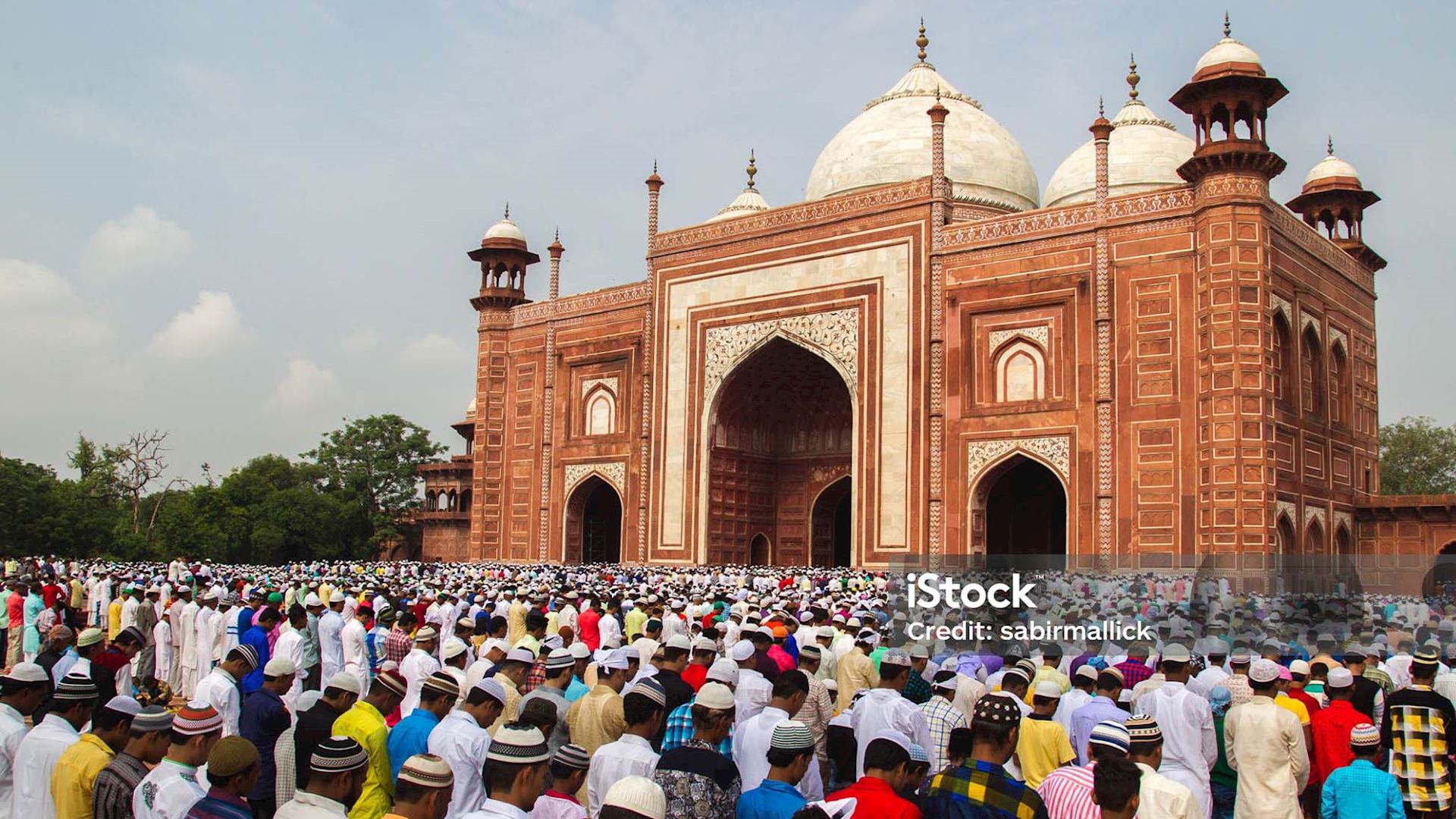
What is the Significance of Eid al Fitr?
Eid al Fitr is a gift from Allah(swt) to His creation- after a month of striving against our nafs in obedience to Allah(swt). It is the second Major holiday of the Islamic calendar. Eid al Fitr is also known as alʿEīd al ṣaghīr(The smaller Eid) and 'The sweet Eid, and The Second Eid.' Unlike its counterpart or Eid al Adha, Eid al Fitr is not associated with grand sacrifices but is a sweet culmination of a month’s worth of personal sacrifices made by fasting. It is a testament to the Islamic heritage's enduring human spirit and communal ethics.
Beyond the joy and celebrations, Eid al Fitr bears profound religious significance. It marks a transition—a spiritual rebirth—as Muslims across the globe echo the lessons and blessings of Ramadan into their daily lives. So, as we prepare to celebrate Eid al Fitr, let us strive to remember the sunnah of Prophet Muhammad(PBUH) and how he taught us to celebrate Eid al Fitr with humility and joy. And not waste our fasts by indulging in what displeases to Allah(swt).
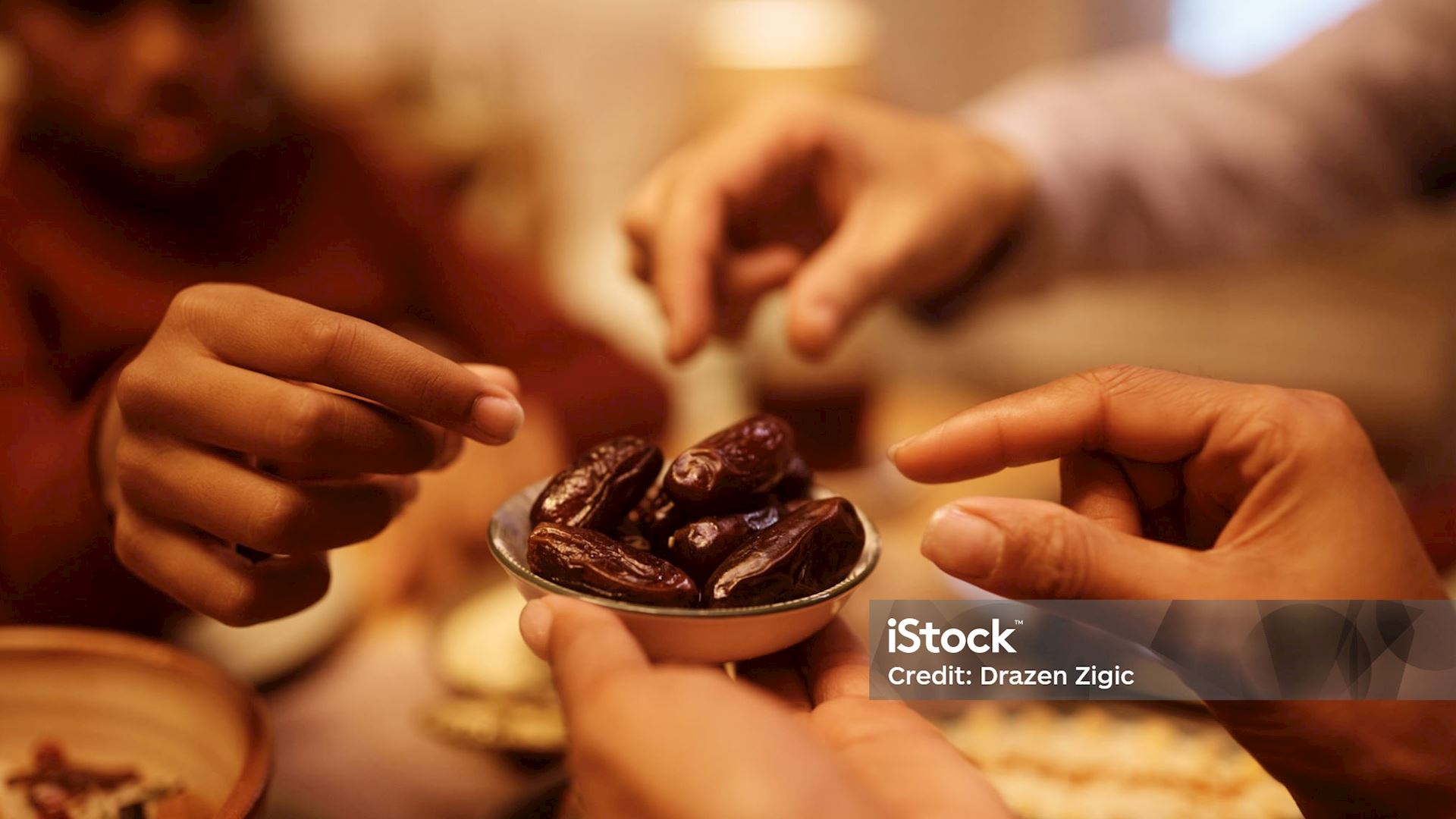
Do you fast on Eid al-Fitr?
No, it is forbidden to fast on the Day of Eid al-Fitr; instead, a special prayer is performed, and an obligatory act of charity is given to the needy.
What is the difference between Eid and Ramadan?
Eid is a one-day celebration marking the end of the holy month of fasting, Ramadan, during which Muslims fast from dawn to dusk.
When is Eid al Fitr 2024 expected to be celebrated?
Eid al Fitr 2024 is expected to be celebrated on April 10th or 11th, although the exact date is subject to the sighting of the new moon on the lunar calendar.
“Holy Prophet came to Madinah, the people had two days in which they used to entertain and amuse themselves. He asked: “What are these two days?” They said: “We used to amuse ourselves and take pleasure in these two days during the Days of Ignorance (jahiliyyah). The Messenger of Allah said, “Allah has substituted for you something better than these two; the Eid of Adha (sacrifice) and the Eid al Fitr.”
[Sunan Abi Dawood]
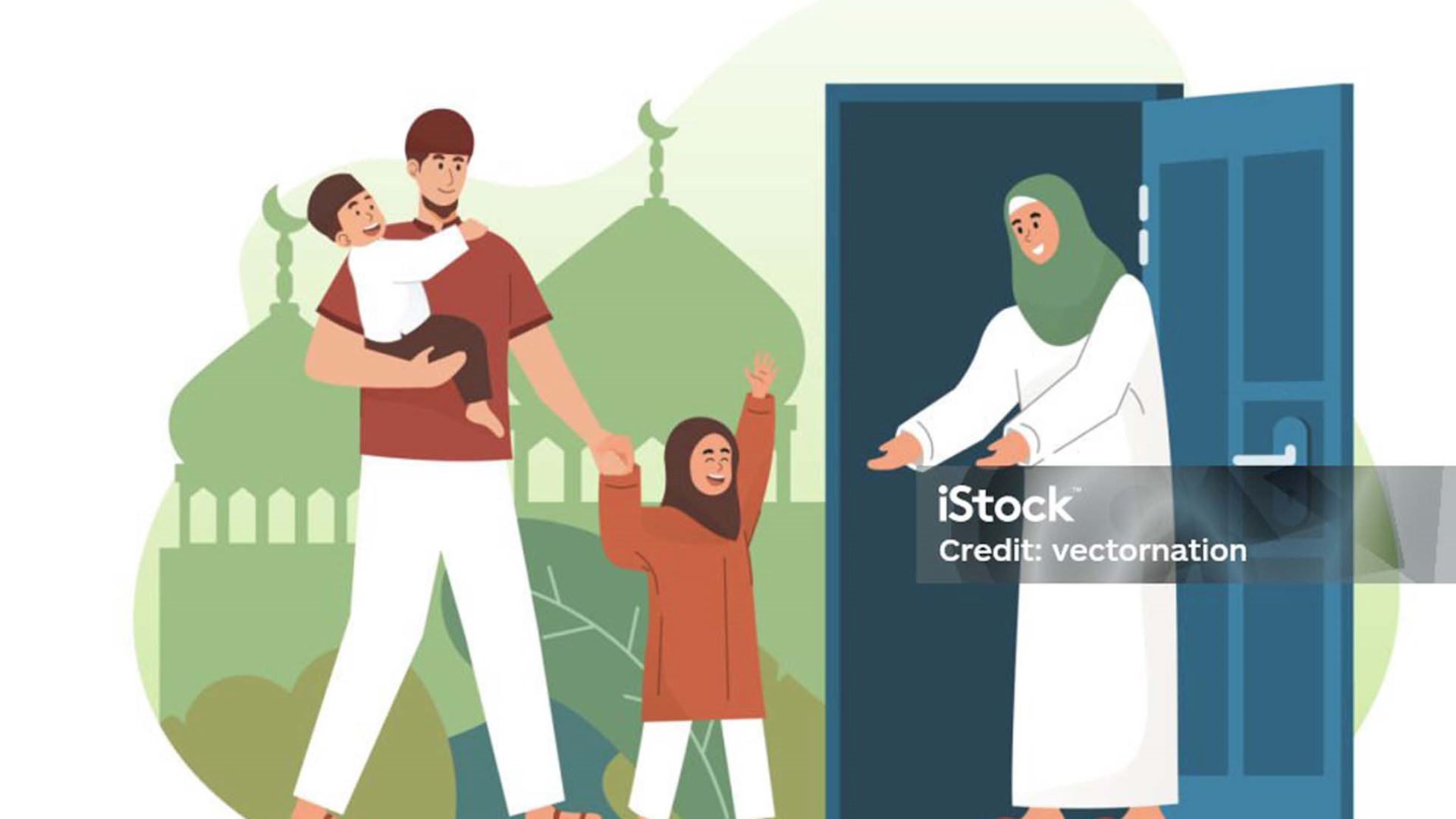
How is Eid Celebrated?
8 Sunnah of Eid day
There are 8 Sunnahs for Eid day, that enrich and are means of reward for Eid celebration.
- Give zakat al fitr.
- Recitation of Takbir's begins at sunset- once the moon is cited till Eid Salah the next day. The journey to the mosque is accompanied by the recitation of Takbir, echoing the greatness of Allah,
- It is recommended that you wear your best clothes, or new clothes. Men can wear perfume.
- Eating an odd number of dates or sweet treats before leaving the house.
“Prophet (PBUH) did not go (to the place of prayer) in the morning on the days of Eid al Fitr till he ate some dates, and he used to eat an odd number.”
(Bukhari)
- Going to pray Eid Salah
- Even if women are not going to pray- they are encouraged to come and attend.
- Greeting each other with good greetings- ie "Eid Mubarak."
- Take a different path home than the one that you took to come to the prayer area.
How do Muslims greet each other on Eid al Fitr?
On Eid day, warm Eid Mubarak exchanges are shared between families, friends, and community members, followed by hugs and warm embraces.
What is Zakat al Fitr, and why is it important during Eid al Fitr?
Zakat al Fitr is a mandatory act of charity given to the poor and needy before the Eid day/prayer. It symbolizes thankfulness for completing the fast and a commitment to community welfare. It is a means to bring joy to everyone in the community so they, too can experience Eid celebrations.
What is Eid Prayer?
The climax of Eid al Fitr’s is the Eid prayer or Salat ul Eid. People gather in large groups, often in a capacious hall or a vast field, making it easy for everyone to join. This prayer, consisting of two units with additional takbirs, is unique to salat ul Eid and can be prayed—from sunrise until mid-day.
Following the prayer is a sermon that is often about the virtues of the day and emphasizes the importance of continuing good deeds post-Ramadan. This combination of prayer and sermon is meant to be a spiritual anchor for the day’s celebrations, ensuring that the essence of Eid ul Fitr—a day of thanksgiving, reflection, and communal harmony—resonates in every act and word even after we leave the prayer mats.
Family and Community Gatherings
After Eid prayers are done, much of the day's celebrations revolve around family and community. Homes are open and hospitable, with meals shared among neighbors, friends, and relatives. Eid gifts are shared, and kids are often given Eidi. This atmosphere of inclusivity extends to non-Muslims, who are often invited to join in the celebrations, experiencing firsthand the warmth and joy of the occasion. But it is all done with humility so that those who are sick and going through hardship are not forgotten.
For indeed, with hardship [will be] ease…Indeed, with hardship [will be] ease…So when you have finished [your duties], then stand up [for worship]. And to your Lord direct [your] longing.”
[Quran 94:5-8]
May the joy of Eid continue to light our paths, and may the bonds forged during this auspicious time remain strong until we greet the crescent moon again. Ameen.
EID MUBARAK!





